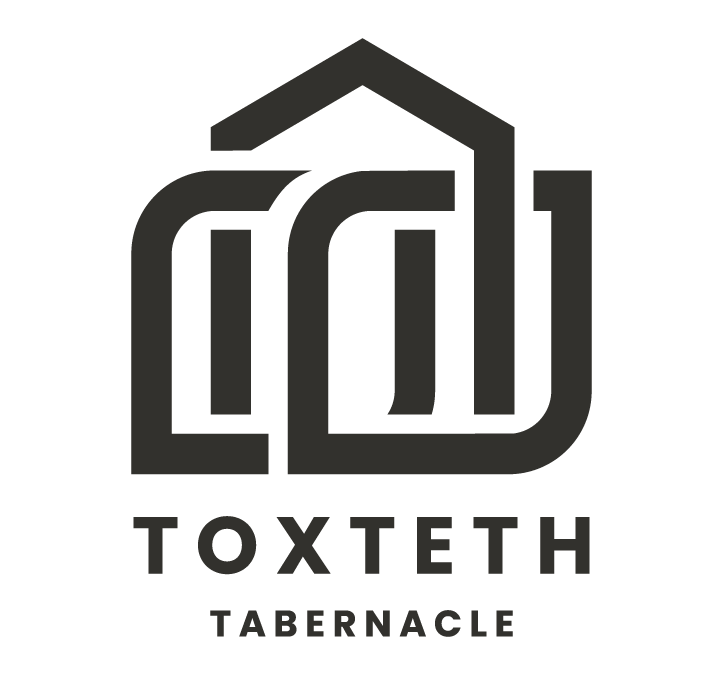I must not sleep in the Church
W.P Lockhart’s Story
William Peddie Lockhart was born in 1835 in Kirkcaldy, Scotland, moving to Birkenhead with his family when he was 11. Both his grandfathers had been Baptist pastors. When he was a young man it was the Bible accounts of Jesus dying on the cross that deeply moved him, although it was not until he was 20 that he made the choice to follow Jesus for himself. In 1855, he was walking alone by the Menai Straits, while travelling with his cousin, and the words “it is finished” flashed into his mind. From that moment the fact that Jesus had died to save people from sin became the central thought of his life. Two years later he was baptised by Hugh Stowell Brown in Myrtle Street Chapel, on 2nd February 1859. His diary records:
“And now for the future; for I must not sleep in the Church. I must work for Christ. Oh, that I may be enabled to throw my whole soul into the cause, forsake the world and devote myself to the Lord! O Father, strengthen and aid me by Thy Spirit that I may not shrink from my heavy responsibilities in this matter. Be with me, O Lord for Jesus’ sake. Amen”
William became a merchant and businessman. He was a keen sportsman, captaining Birkenhead Park Cricket Club in his youth, and became famous as one of the finest wicket keepers in the country. He wanted to share his faith with other young men but didn’t find it easy to begin with. He tried to speak to at least one person daily about the good news of Jesus. He even kept a small book to help him remember who he had spoken with. He would grow to see this as his special purpose – to share his faith with fellow young men.
William was invited to preach for the first time on Sunday 15th January, 1860, in a school room in Claughton. He was nervous until the time he came to speak and was thankful that God helped him. He didn’t want to become proud, but just do the things God was calling him to. He went back to preach again, and then in other mission rooms, always spending much time in prayer beforehand. Every week people were being saved and one reporter who heard him preaching in the Argyle Rooms failed to take any notes during the meeting, and at the end gave his life to Christ!
William moved over to Liverpool in 1861 and continued to attract large crowds of over 1,000 people. He married Mary Jane Freeman in 1866, and noted later that “I never sought a wife, except from the Lord”. Instead of searching out the best house their money could afford, they lived at 137 Upper Parliament Street so they could be close to where God wanted them to serve, later moving to 34 Devonshire Road.
He was a fan of open-air meetings, but also began hiring Hope Hall at the city end of Hope Street and then Henglers Circus at top of Bold Street, for the winter season. One day, with friends, he watched people leave the Henglers Circus meeting and head towards Toxteth Park. He was aware that many who attended the meetings did not attend a church out of season, so after much prayer they decided to find a place in Toxteth where people could meet. They found the disused Welsh Methodist Chapel, in Beaufort Street, which opened as Ebenezer Chapel, a Baptist Church, in May 1868. Some people wouldn’t come as they felt they had nothing to wear to church so “Services for men in working clothes only” were started. And later, after more prayer, a search for more suitable premises was made and a piece of land subsequently purchased on Park Road, where Toxteth Tabernacle stands today.
After the opening of Tabernacle, Lockhart continued to be a remarkably affective preacher (he preached 276 in one year!). He was remembered as a gifted and passionate speaker, a man of prayer, determined when his heart was set on an action, and with a great knowledge of scripture. He experienced struggles through his life - he wrestled with whether to give up his merchant work and focus solely on his ministry, and in later life struggled with illness until his premature death, aged 57, in 1893. At his request and following a funeral that even the Major of Liverpool attended, he was laid to rest in Smithdown Road Cemetery, ‘among friends’. Spurgeon, his lifelong friend, was chosen to deliver the address at his Memorial Service.
The following is an extract from a tribute to Lockhart by the Liverpool Daily Post, on 14th August 1893:
"In these days, when it is often and foolishly said that men do nothing entirely without reference to gain, there is consolation in regarding such a life as closed on Saturday, when "W P Lockhart" as he was always called, "gave his pure soul unto his Captain Christ, under whose colours he had fought so long."
A tablet was erected to his memory in the church he loved so much and served so well –
‘Well done thou good and faithful servant,
Enter thou into the joy of the Lord’
Matthew 25:21
